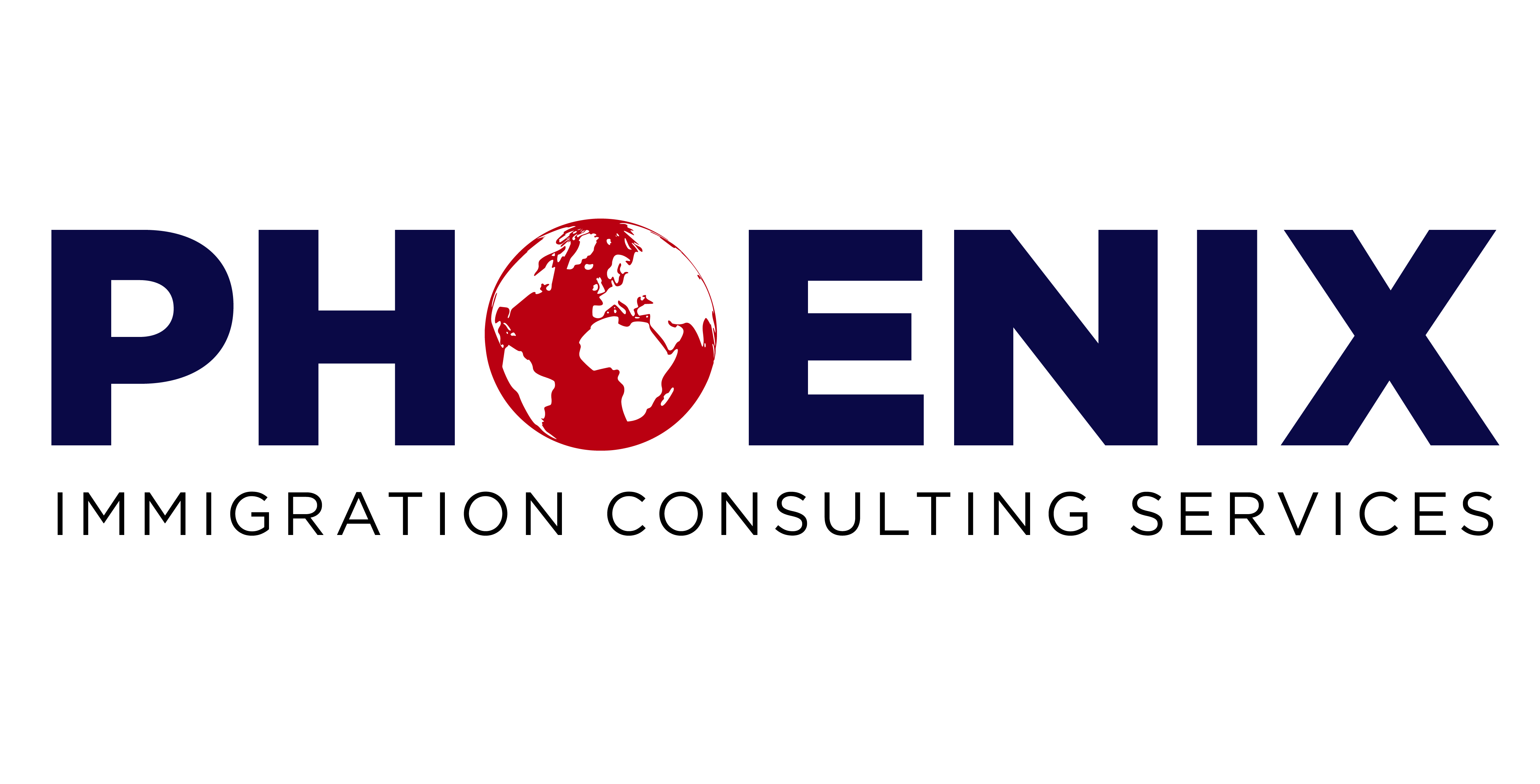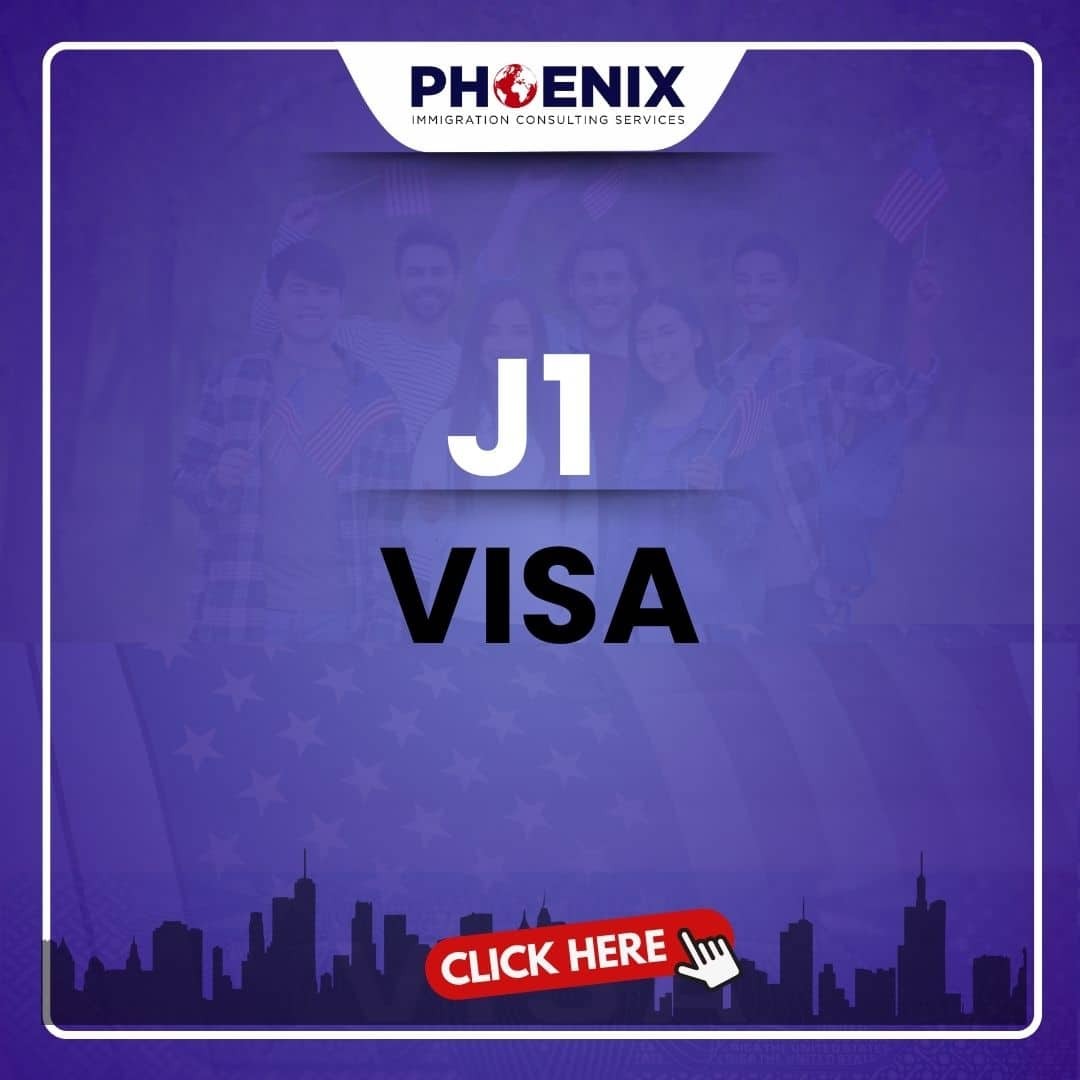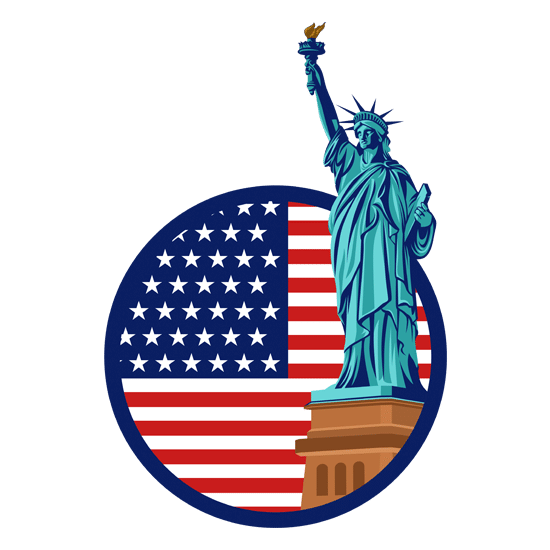
J-1 Student Visa: Everything You Need to Know
So, you’ve decided to study in the U.S. under the J-1 Visa? That’s an exciting step! The J-1 Student Visa isn’t just about hitting the books; it’s a chance to live in the U.S., experience a new culture, meet people from all over the world, and even work in your field while you’re studying. Whether you’re looking to take part in a cultural exchange program or gain professional experience, the J-1 Visa offers you all that and more.
At Phoenix Immigration Consultant Services, we’re here to guide you through the process of applying for your J-1 Visa and make sure everything goes smoothly. We’ll help you every step of the way so you can focus on your studies and making the most out of your time in the U.S.
Who’s Eligible for the J-1 Visa?
- Acceptance into a U.S. Exchange Program: You need to get accepted by a U.S.-based exchange program that the U.S. government approves. Once accepted, the sponsor will give you the Form DS-2019, which is your key to applying for the visa.
- Proof of Financial Support: You must show that you have enough funds to cover your tuition, living costs, and other expenses while you’re in the U.S. This can come from personal savings, a scholarship, or a sponsor.
- Non-Immigrant Intent: The J-1 Visa is a temporary visa, so you have to prove that you plan to return to your home country after your program ends. This is a huge part of the process—U.S. officials want to know that you’re coming to study, not to stay permanently.
Why the J-1 Visa is Perfect for International Students
- Study at Top U.S. Schools: The J-1 Visa lets you study at SEVP-approved U.S. institutions and get access to high-quality education. You’ll meet professors, researchers, and students from all over the world—pretty exciting, right?
- Work While You Study: The best part? You can work part-time (20 hours a week) during the semester and full-time during school breaks. Some programs even allow internships in your field, which means you can gain practical experience while studying.
- Experience U.S. Culture: The J-1 Visa is designed for cultural exchange. It’s not just about academics, it’s about living in the U.S., experiencing its culture, meeting people from all over the world, and having fun.
- Bring Your Family: Your spouse and children under 21 can join you on a J-2 Visa. While they can’t work, they can live, study, and enjoy the U.S. with you.
How the J-1 Visa Process Works
- Step 1: Get Accepted into an Exchange Program: The first thing you need to do is get accepted into an approved exchange program in the U.S. Your school or sponsor will provide you with the Form DS-2019 once you’re in.
- Step 2: Pay the SEVIS Fee: After you get your DS-2019, you’ll need to pay the SEVIS fee. This fee helps fund the system that tracks students in the U.S. Once paid, keep the receipt. USCIS will ask for it.
- Step 3: Complete the DS-160 Form: The DS-160 is the visa application form. It’s done online and asks for personal details and info about your program. Once completed, you’ll get a confirmation page that you’ll need for your visa interview.
- Step 4: Schedule Your Visa Interview: Once you’ve completed the DS-160, schedule your visa interview at your nearest U.S. embassy or consulate. You’ll need your Form DS-2019, SEVIS fee receipt, and passport.
- Step 5: Wait for Visa Approval: After the interview, you’ll wait for your J-1 Visa approval. If everything looks good, you’ll get your visa, and you can start making your travel plans!
Documents You Need for the J-1 Visa
- Form DS-2019: This is the certificate of eligibility provided by your exchange program sponsor. It’s essential for the visa application.
- SEVIS Fee Payment Receipt: Proof of payment for the SEVIS fee.
- DS-160 Form Confirmation: Confirmation page of your completed DS-160 form.
- Valid Passport: A passport valid for at least six months beyond your intended stay in the U.S.
- Visa Application Fee: Proof of payment for the visa application fee.
- Proof of Financial Support: Documents that show you have enough money to cover your stay in the U.S. This could include bank statements, sponsor letters, or scholarships.
- Passport-sized Photos: Recent photos that meet U.S. visa requirements.
How Phoenix Immigration Consultant Services Can Help You with the J-1 Visa
- Eligibility Review: We’ll evaluate your situation and make sure you meet the J-1 Visa eligibility.
- Document Assistance: We’ll help you gather and organise all the documents you need, making sure nothing is missing.
- Visa Interview Prep: We’ll guide you on what to expect and how to prepare for your J-1 Visa interview.
- Ongoing Support: Whether it’s for extensions, changing your status, or just questions, we’ll be there for you every step of the way.
FAQ
Let's explore your queries with their most accurate answers.



